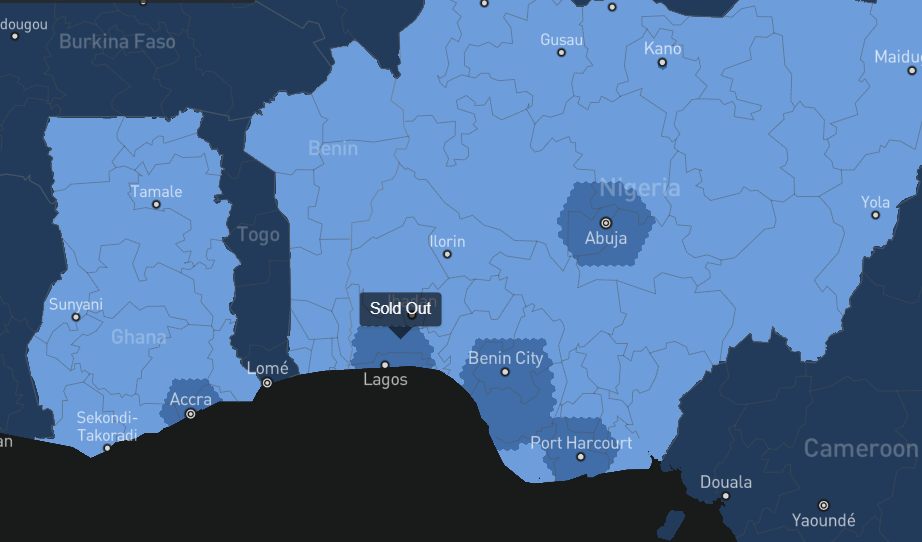As demand for high-speed internet grows in West Africa, Starlink’s satellite internet service has quickly become an appealing solution, especially in regions where traditional infrastructure is limited.
However, the high concentration of users in densely populated areas like Lagos and Accra has posed challenges, highlighting a need for Starlink to expand its ground station infrastructure in Nigeria and Ghana.
The Role of Ground Stations in Starlink’s Network
Starlink, operated by SpaceX, uses a constellation of low-Earth orbit satellites to deliver internet service worldwide. These satellites relay data back and forth between users on the ground and ground stations, which connect to the broader internet. The ground stations are essential for linking the satellite network to terrestrial internet infrastructure, ensuring that users can enjoy a seamless online experience.
Ground stations serve as communication hubs, acting as the intermediary between user terminals and the Starlink satellite network. For densely populated areas, they are particularly important, as they can relieve congestion by increasing local bandwidth and improving response times (latency).
However, with limited ground stations in place, high-demand areas can face service delays, throttling, and reduced speeds, as seen in regions where demand has outstripped infrastructure.

Why Nigeria and Ghana Need More Ground Stations
Nigeria and Ghana have shown significant interest in Starlink’s internet services. Nigeria, with over 200 million people and growing tech hubs in Lagos, Abuja, and Port Harcourt, has a rapidly increasing need for reliable, high-speed internet to support everything from businesses to social connectivity.
Similarly, in Ghana, cities like Accra have embraced Starlink for its promise to bridge the digital divide, especially where local ISPs struggle to provide stable service.
However, in cities like Accra and Lagos, Starlink’s capacity is facing limits due to heavy user demand and limited local infrastructure.
Ground stations in or near these cities would allow the satellite network to handle more users and relieve data traffic, reducing latency and boosting service reliability.
By expanding ground station coverage, Starlink could serve more users without sacrificing quality. This improvement would be especially beneficial in urban areas, where high demand can create bottlenecks.
New Ground Stations To Be Operational by End of 2024
Starlink has reportedly stated laying the groundwork for new ground stations will be situated in Nigeria, specifically in Okun Ajah, Lagos State; Sagamu, Ogun State; and Port Harcourt, Rivers State.
These locations have been carefully selected to optimize coverage and service delivery across the region.
Construction has already begun in Lagos, with the completion anticipated by the end of 2024, while the other sites are expected to be operational by 2025.










